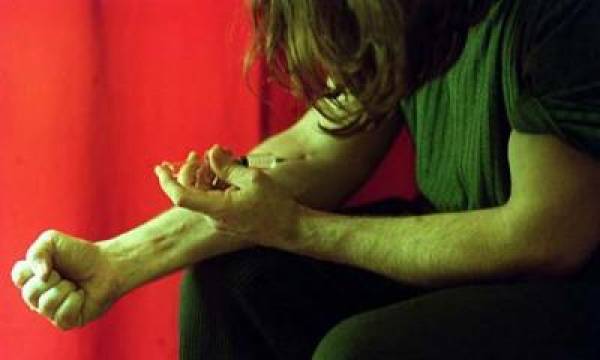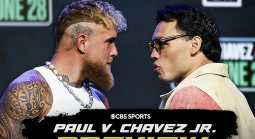Hearing on Internet Gambling: Gamblers Compared to Heroin Addicts

Somewhere, somehow, during a Washington hearing related to the legalization of online gambling, most of the usual suspects were present including the industry’s main opponent Alabama Republican Spencer Bacchus, who might as well just come out and compare all gamblers with heroin addicts (he pretty much did).
Bacchus said:
"If we told our young people not to smoke or drink and then put those items in their rooms, we'd be sending a mixed message. So we should not put casinos in every dorm room"
He was alluding to college students playing online poker on their PCs.
The measure being discussed, which was filed by the chairman of the committee, Barney Frank, D-Massachusetts, and has 69 co-sponsors, would require the online poker rooms and other gambling websites be licensed by the federal government.
The problem is that current online poker firms the likes of Full Tilt Poker and PokerStars have been strong supporters of Barney Frank’s efforts. Many speculate that such a measure would shut out current online poker operators, Full Tilt and PokerStars included.
In October 2006 a controversial piece of legislation (Unlawful Internet Gaming Enforcement Act) passed that would prohibit some forms of online gambling, but not all forms. Financial institutions would be left with the task of determining the “good” from the “bad”, something they themselves claim was near to impossible.
No one knows what UIGEA means by "unlawful Internet gambling transactions," argues John Pappas, executive director of the Poker Players Alliance. "There is no federal definition of what unlawful Internet gambling is," he told PC World.
"The [UIGEA] has proven to be completely ineffective at preventing people from playing any game online whether we believe it to be lawful or not lawful," he added. "The only real regulatory reform here is to license it, to try to control it, rather than try to prohibit it."
Speaking before Wednesday's Committee on behalf of the Poker Players Alliance was UB.com representative Annie Duke.
“This Committee and this Congress should not tolerate laws that seek to prevent responsible adults from playing a game we find stimulating, challenging and entertaining. H.R. 2267 provides this freedom in a safe and regulated environment and I urge everyone on this Committee to support this common sense policy. However you might feel about gambling on the Internet, I would suggest that gambling with freedom is far more risky,” said Duke.
“The testimony we heard today underscores the challenges faced by the Federal government due to the unclear definition of what now constitutes unlawful Internet gambling and the glaring lack of protections for consumers,” said PPA Executive Director John Pappas. “Frankly, our opponents can’t offer a consistent argument on this issue. Former U.S. Attorney Michael Fagan wants to go as far as banning Internet gambling outright, and Tom Malkasian of Commerce Casino supports licensing and regulation - just not a competitive marketplace. It seems that our opponents don’t even agree with each other here,” continued Pappas.
“As interest in and awareness of licensing and regulating online poker grows among members of Congress and the Administration – and with it the consumer protection and tax revenue benefits that accompany licensing and regulation – the PPA is ready and eager to work with policymakers to continue moving this legislation through the process,” concluded Pappas.
Aaron Goldstein, Gambling911.com













